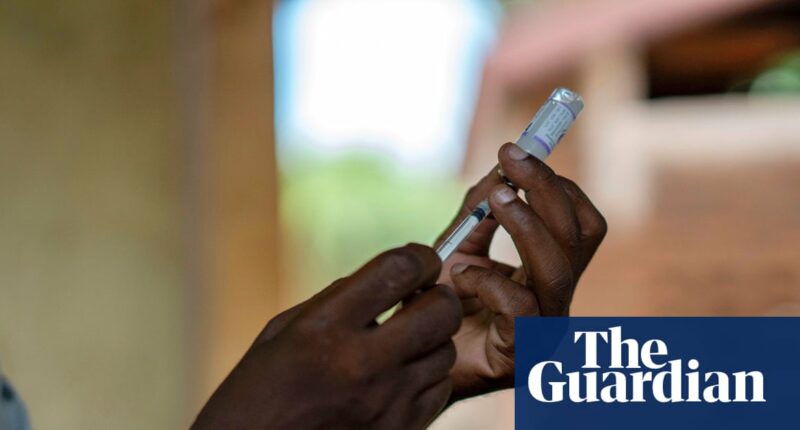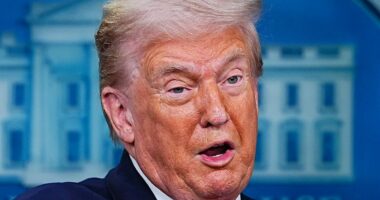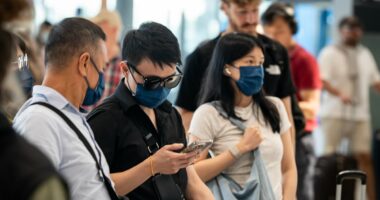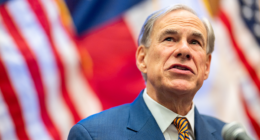Share this @internewscast.com
Anticipation is mounting in the UK as it prepares to reduce its financial support for a major international aid initiative focused on preventing deadly diseases. Charitable organizations are raising alarms, projecting that this move might result in over 300,000 deaths that could otherwise be prevented.
The speculated 20% reduction in the UK’s financial involvement with the Global Fund to Fight AIDS, Tuberculosis, and Malaria is expected to be unveiled during the G20 summit in South Africa next month, where Keir Starmer is scheduled to attend.
Charitable organizations express concern that this potential cut, compounded by a previous 30% reduction in UK contributions three years ago, could undermine substantial progress made in disease prevention, especially in light of previous cuts to US aid under Donald Trump’s administration.
Although no official announcement has been made regarding the Global Fund’s upcoming “replenishment” summit, which will outline funding for 2027-29, discussions among high-ranking government officials suggest the UK may reduce its contribution from £1 billion to £800 million.
Should this reduction be confirmed, it would mirror a recent 25% decrease in UK funding to another vital organization known for its life-saving work, the Global Alliance for Vaccines and Immunisation (Gavi). Despite this cut, the eventual five-year pledge of £1.25 billion to Gavi exceeded the expectations of many aid groups.
The Global Fund, based in Switzerland, is lauded for saving tens of millions of lives through its efforts against these three diseases. One charity estimates that a £200 million reduction in funding could potentially lead to around 340,000 preventable deaths and nearly 5.9 million preventable infections during the next three-year funding cycle.
Gareth Jenkins, an executive director at Malaria No More UK, said: “The world stands on the brink of a malaria resurgence, which will be so much more likely triggered if the UK makes a cut to its contribution to the Global Fund.
“In this scenario many more children will lose their lives, health systems will be overwhelmed and economies dragged down – with huge knock-on effects for UK trade and health security.”
Mike Podmore, the chief executive of StopAids, said the cut “would send a terrible message”, particularly as the UK is officially co-hosting next month’s funding event.
Podmore said: “Not only did the UK already make a 30% cut three years ago, but to date no host has ever reduced their commitment from their previous pledge. This would represent a serious lack of leadership and undermine the UK’s reputation and soft power.”
Adrian Lovett, the UK head of the development campaign One, said the cut would “put at risk decades of progress in the fight against Aids, TB and malaria – and as diseases do not stop at borders, it would jeopardise our own health security here at home too”.
Monica Harding, the Liberal Democrats’ international development spokesperson, said cutting funding as co-host would be “an indictment of our global leadership in diplomacy and development”.
She said: “Stepping back now and reducing our contribution to the fund at a time when the United States is abandoning vaccination programmes wholesale would be devastating to some of the world’s most vulnerable people. It would risk undoing much of the progress we have made in the global fight against disease.”
The Foreign Office was contacted for comment.
















